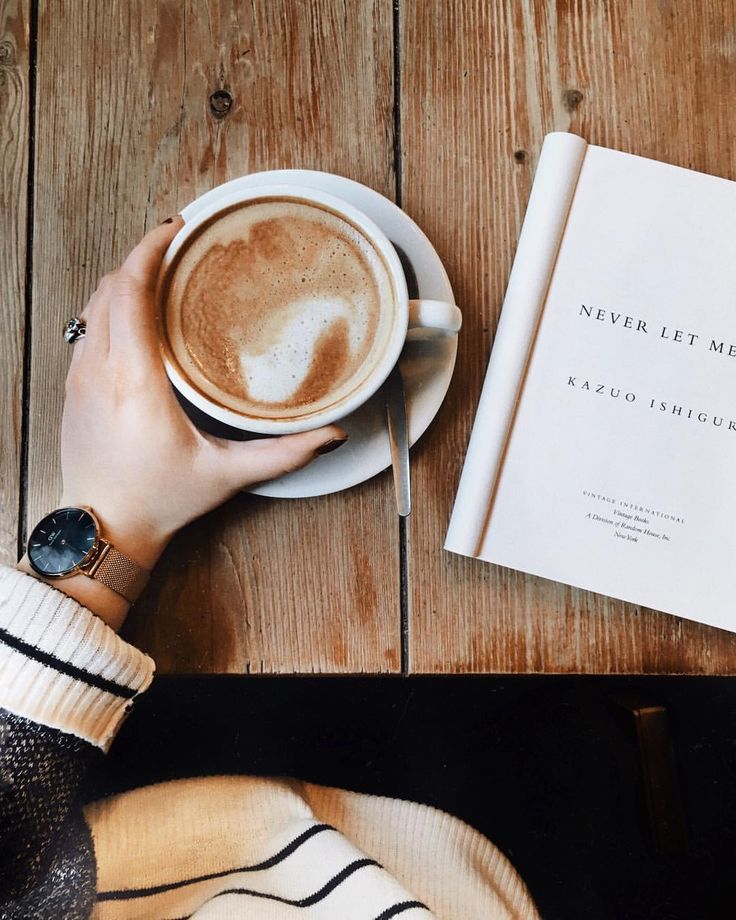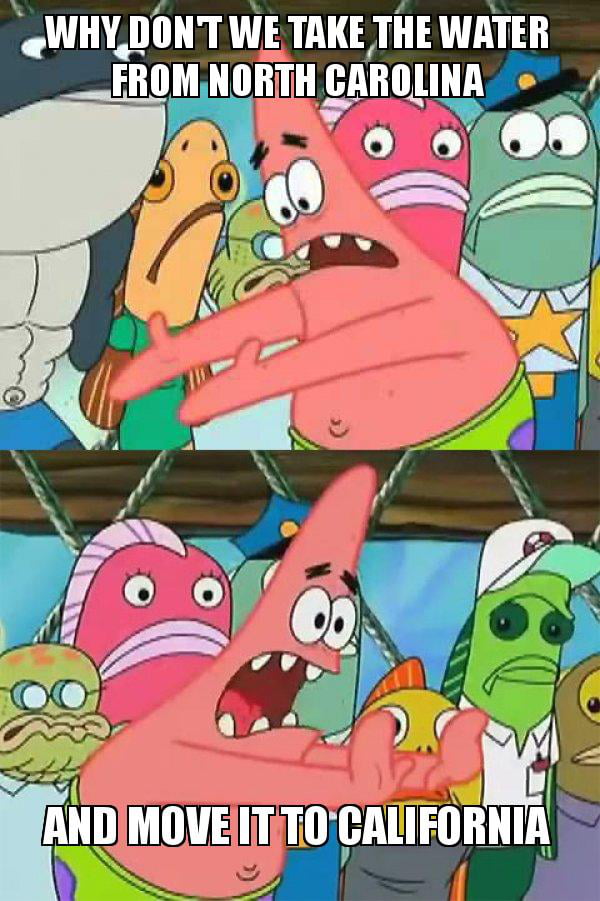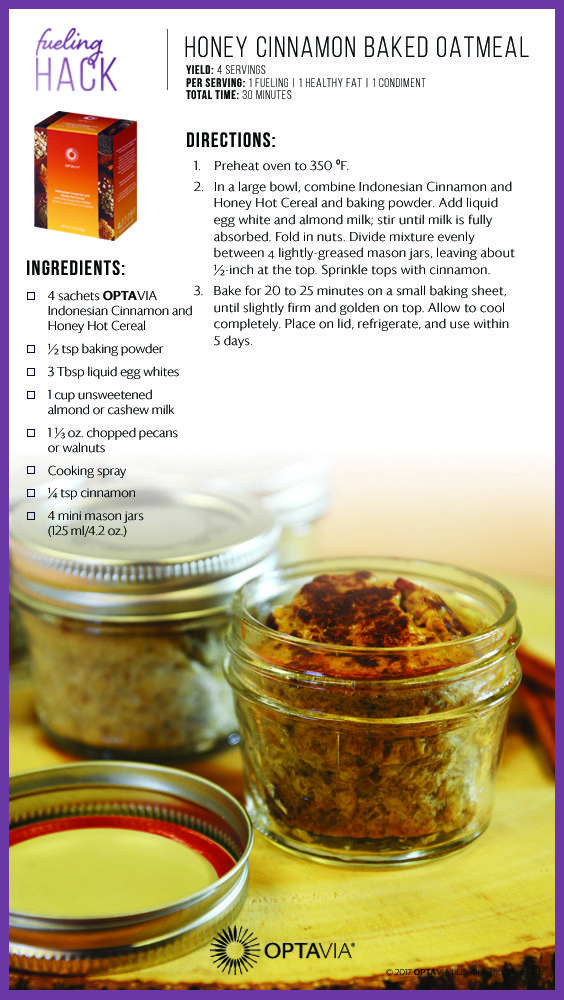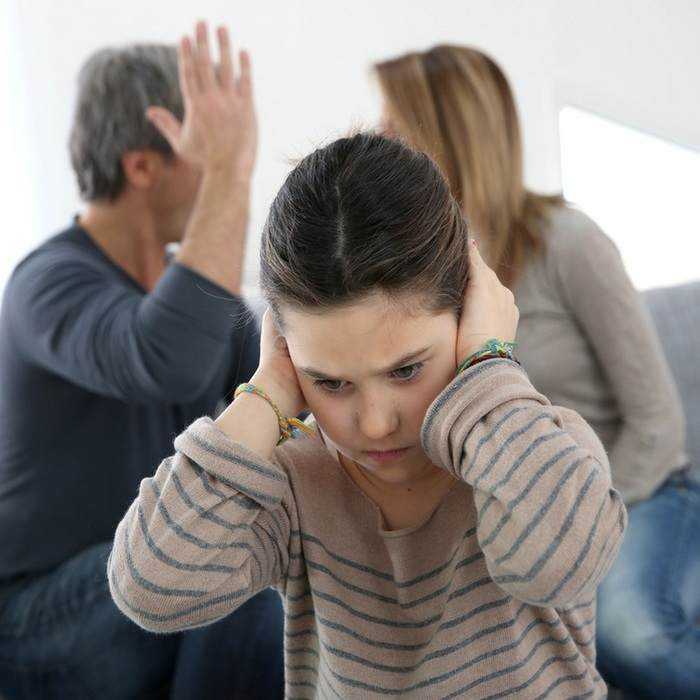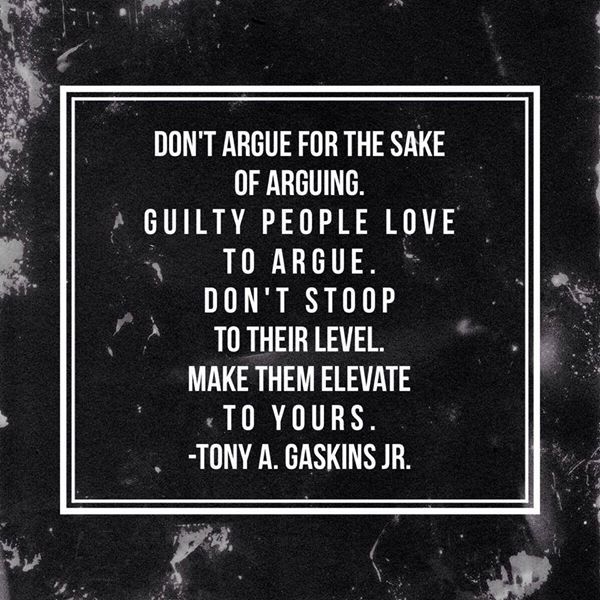Coffee and introverts
If you drink coffee this way, you’re likely an introvert
Do you like your coffee hot or cold? Believe it or not, your answer may reveal more about your personality than you realize.
A new study of 2,000 coffee drinkers in the United States found that those who prefer cold brew or iced coffee are more likely to travel and to be introverted. They are also more likely to prefer warm and sunny climates and binge-watch science fiction shows.
In contrast, hot coffee drinkers tend to be more extroverted and prefer comedies. They also like overcast weather and listen to musical artists like Taylor Swift.
The study also found that plant-based milk options like oat and almond milk are a must-have coffee ingredient for almost 40% of iced coffee drinkers. In contrast, nearly the same percentage (37%) of hot coffee drinkers would rather have traditional heavy cream added to their coffee.
For many, milk is a required ingredient. One in four coffee drinkers would rather go without their morning coffee if their favorite milk additive was unavailable.
But regardless of your preferred coffee temperature, most coffee drinkers need at least one cup of coffee in the morning to properly start their day. In fact, a similar study found that almost 90% of people believe their Cup O’ Joe in the morning helps them to think more positively.
And, there’s scientific evidence that helps back up that feeling.
Caffeine, a common active component in coffee, has been shown to offer a wealth of benefits. It can help improve our focus and mental acuity because it is a natural stimulant. “Its main effect is on the central nervous system, where it can increase alertness and provide a needed boost when you are tired,” wrote Harvard.
Within an hour after drinking caffeinated coffee, your body is at its peak. With enough caffeine, your blood pressure may increase. Studies have shown that caffeine helps us concentrate. And, it can also help our physical endurance.
But, that doesn’t mean that caffeine is completely harmless, either.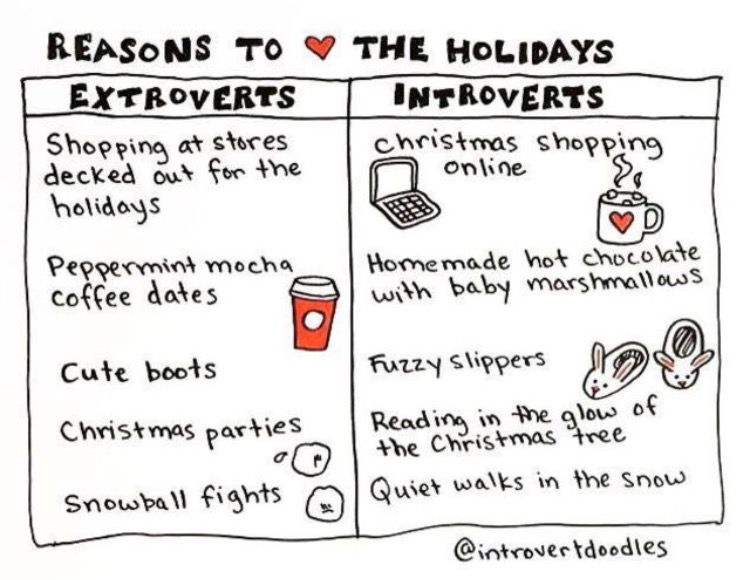
There is such a thing as “too much caffeine”.
“People who have never had a heart attack or keep their blood pressure well-controlled should consume no more than 400 mg per day, which is the amount found in about four cups of coffee or up to 10 cups of black tea,” Harvard wrote.
And, ditch the energy drinks. Research has revealed that some energy drinks can be dangerous to your cardiovascular system and very often contain a good amount of sugar. Coffee, on the other hand, is generally a healthy source of caffeine due to its disease-fighting antioxidants.
“Studies have shown that it may reduce cavities, boost athletic performance, improve moods, and stop headaches — not to mention reduce the risk of type 2 diabetes, colon cancer, liver cancer, gall stones, cirrhosis of the liver, and Parkinson’s diseases,” wrote WebMD.
The original study of 2,000 coffee drinkers found that almost six in 10 coffee drinkers had their coffee consumption habits disrupted during the COVID-19 pandemic in ways that they did not expect. For instance, fewer people went out to their favorite local coffee shop.
For instance, fewer people went out to their favorite local coffee shop.
Almost half tried to experiment with different types of coffee at home during the lockdowns. 42% tried to recreate their favorite coffee-shop coffees at home, including latte art and the recent Dalgona coffee trend, which involves whipping instant coffee powder with sugar and hot water to create a creamy topping that is added to hot or cold milk.
Cold coffee drinkers may have been more likely to experience “cabin fever” during the lockdown than hot coffee drinkers, which could be related to their natural propensity to travel.
And, the study found that hot coffee drinkers preferred good old-fashioned regular coffee while their cold coffee counterparts were more likely to add sweeteners to their coffees or prefer fancier options with flavorings and syrups.
Subjective effects of caffeine among introverts and extraverts in the morning and evening
Clinical Trial
.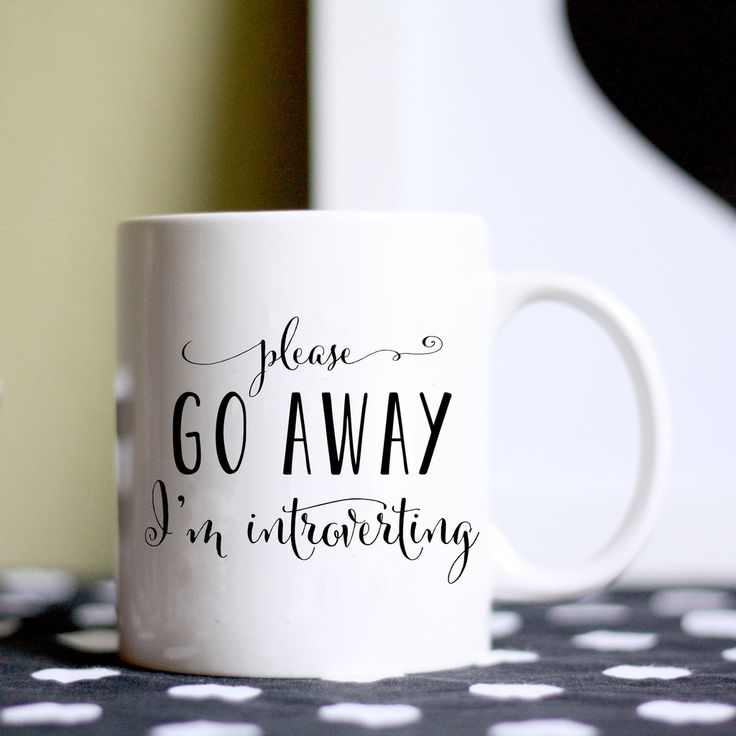 1999 Aug;7(3):244-9.
1999 Aug;7(3):244-9.
doi: 10.1037//1064-1297.7.3.244.
A Liguori 1 , J A Grass, J R Hughes
Affiliations
Affiliation
- 1 Department of Psychiatry, University of Vermont, USA. [email protected]
- PMID: 10472512
- DOI: 10.1037//1064-1297.7.3.244
Clinical Trial
A Liguori et al. Exp Clin Psychopharmacol. 1999 Aug.
. 1999 Aug;7(3):244-9.
doi: 10. 1037//1064-1297.7.3.244.
1037//1064-1297.7.3.244.
Authors
A Liguori 1 , J A Grass, J R Hughes
Affiliation
- 1 Department of Psychiatry, University of Vermont, USA. [email protected]
- PMID: 10472512
- DOI: 10.1037//1064-1297.7.3.244
Abstract
In previous studies of psychomotor performance, the stimulant effects of caffeine differed by personality characteristics. For example, caffeine improved the task performance of extraverts but overaroused introverts and thus impaired their performance. The present study compared the effects of caffeine on subjective arousal among introverts and extraverts.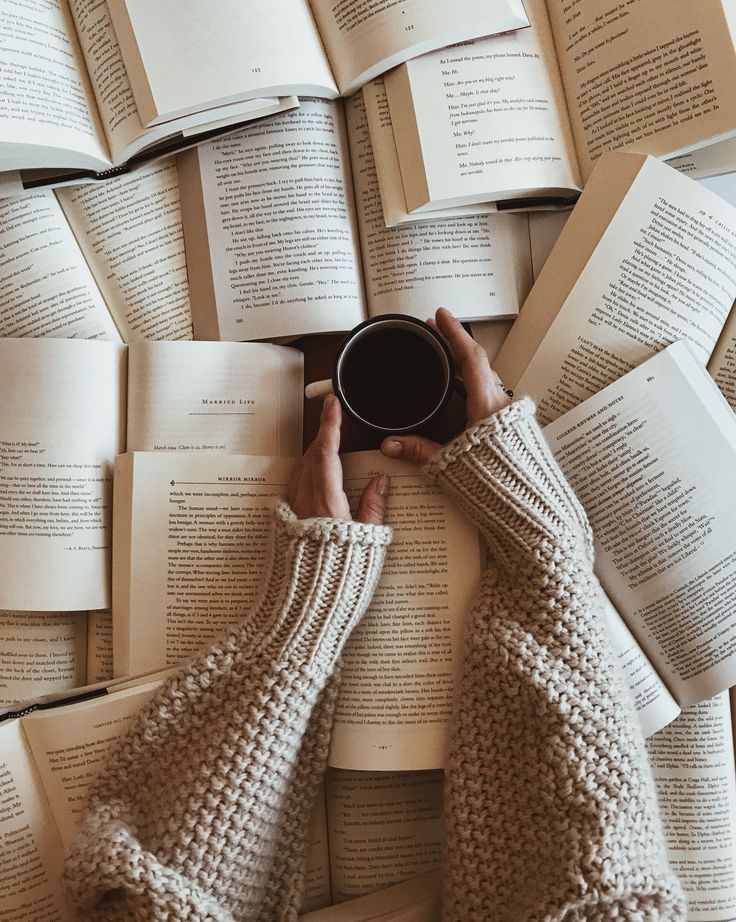 Seventeen introverts and 19 extraverts drank coffee that contained doses of 0, 2, and 4 mg/kg caffeine during morning and evening sessions in a within-subjects, randomized, double-blind, crossover design. At 30-min intervals for 180 min after drinking, participants completed the Profile of Mood States, a battery of self-report visual analog scales, and the Digit Symbol Substitution Test (DSST). Caffeine effects on mood and task performance did not significantly interact with extraversion, except for nonsignificant trends for caffeine to increase happiness and vigor more among extraverts than introverts. No 3-way interactions of group, time, and dose were found on any scales or on the DSST. Results do not support the hypothesis that caffeine differentially affects extraverts and introverts, particularly at different times of the day.
Seventeen introverts and 19 extraverts drank coffee that contained doses of 0, 2, and 4 mg/kg caffeine during morning and evening sessions in a within-subjects, randomized, double-blind, crossover design. At 30-min intervals for 180 min after drinking, participants completed the Profile of Mood States, a battery of self-report visual analog scales, and the Digit Symbol Substitution Test (DSST). Caffeine effects on mood and task performance did not significantly interact with extraversion, except for nonsignificant trends for caffeine to increase happiness and vigor more among extraverts than introverts. No 3-way interactions of group, time, and dose were found on any scales or on the DSST. Results do not support the hypothesis that caffeine differentially affects extraverts and introverts, particularly at different times of the day.
Similar articles
-
Caffeine Produces Neutral Effects on Extraverts' and Introverts' Performance of Fundamental Motor Skills.
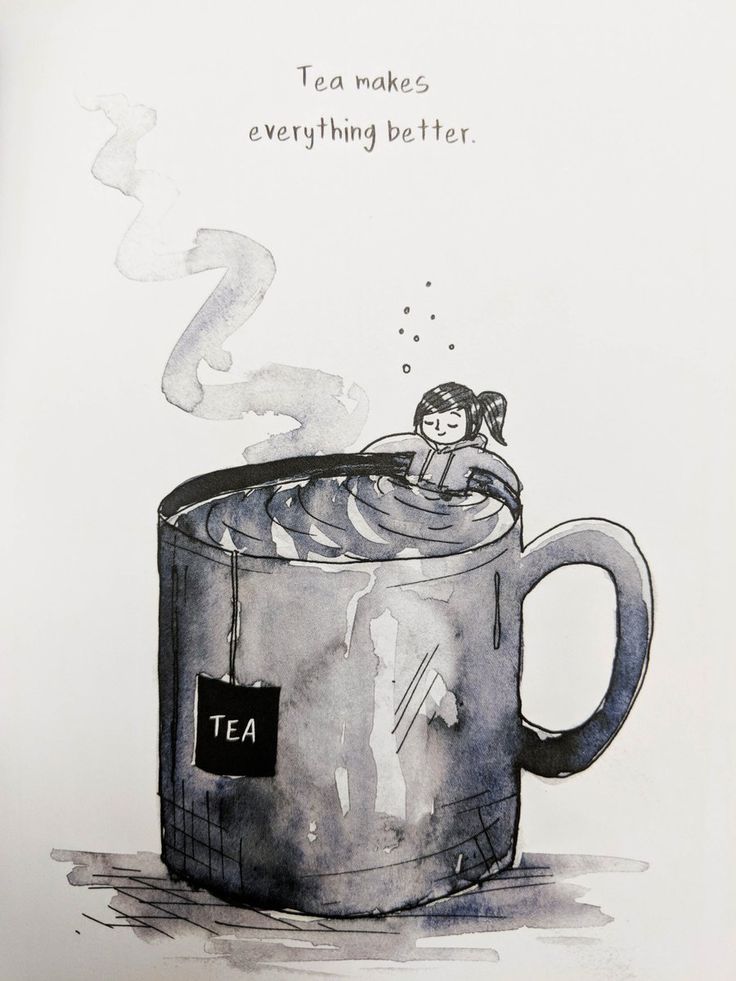
Carolina Gomes A, Tosini L, Oliveira D, Lage G, Franchini E, Meira C Jr. Carolina Gomes A, et al. J Hum Kinet. 2021 Mar 31;78:229-237. doi: 10.2478/hukin-2021-0038. eCollection 2021 Mar. J Hum Kinet. 2021. PMID: 34025880 Free PMC article.
-
The interactive effect of personality, time of day, and caffeine: a test of the arousal model.
Revelle W, Humphreys MS, Simon L, Gilliland K. Revelle W, et al. J Exp Psychol Gen. 1980 Mar;109(1):1-31. J Exp Psychol Gen. 1980. PMID: 6445402
-
Socializing by Day May Affect Performance by Night: Vulnerability to Sleep Deprivation is Differentially Mediated by Social Exposure in Extraverts vs Introverts.
Rupp TL, Killgore WD, Balkin TJ. Rupp TL, et al.
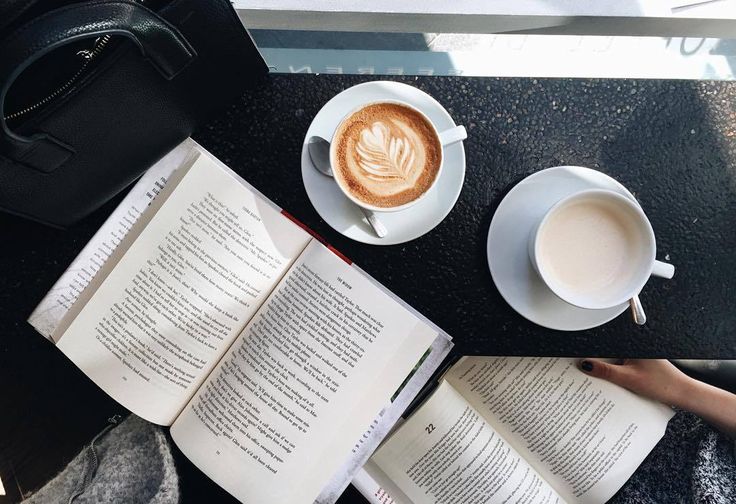 Sleep. 2010 Nov;33(11):1475-85. Sleep. 2010. PMID: 21102989 Free PMC article.
Sleep. 2010 Nov;33(11):1475-85. Sleep. 2010. PMID: 21102989 Free PMC article. -
Eysenck's arousal theory of introversion-extraversion: a converging measures investigation.
Bullock WA, Gilliland K. Bullock WA, et al. J Pers Soc Psychol. 1993 Jan;64(1):113-23. doi: 10.1037//0022-3514.64.1.113. J Pers Soc Psychol. 1993. PMID: 8421248 Clinical Trial.
-
Caffeine, extraversion and working memory.
Smith AP. Smith AP. J Psychopharmacol. 2013 Jan;27(1):71-6. doi: 10.1177/0269881112460111. Epub 2012 Sep 26. J Psychopharmacol. 2013. PMID: 23015541 Clinical Trial.
See all similar articles
Cited by
-
Caffeine Produces Neutral Effects on Extraverts' and Introverts' Performance of Fundamental Motor Skills.
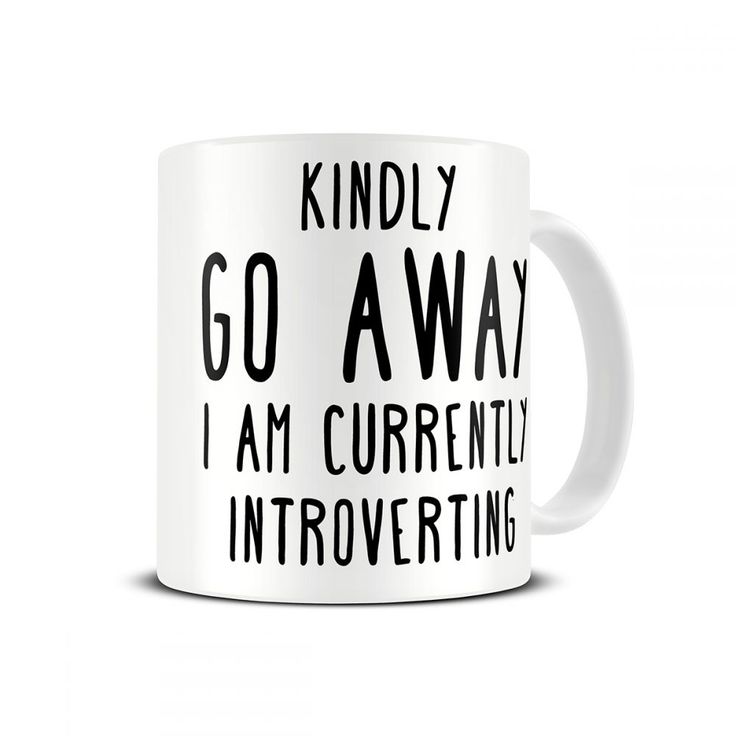
Carolina Gomes A, Tosini L, Oliveira D, Lage G, Franchini E, Meira C Jr. Carolina Gomes A, et al. J Hum Kinet. 2021 Mar 31;78:229-237. doi: 10.2478/hukin-2021-0038. eCollection 2021 Mar. J Hum Kinet. 2021. PMID: 34025880 Free PMC article.
Publication types
MeSH terms
Substances
Grant support
- DA-00109/DA/NIDA NIH HHS/United States
- DA-04843/DA/NIDA NIH HHS/United States
18 things that spoil the life of introverts the most – bit.ua Media about life and technology in the new
Calls from unknown numbers. Talking about nothing by the office coffee machine. Random meetings on the street of people from the past.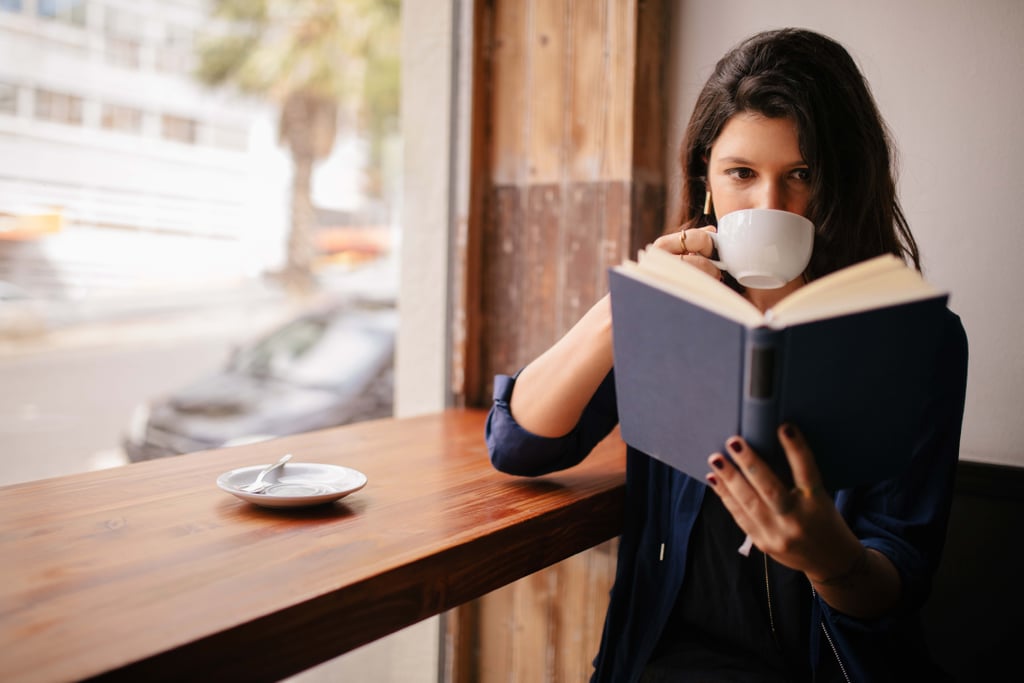 The life of an introvert is already dangerous and difficult, and the following points only complicate the situation.
The life of an introvert is already dangerous and difficult, and the following points only complicate the situation.
Receive calls. A rattling phone can drive a true introvert into a catatonic stupor. And especially if the number has not been determined: trembling fingers drive numbers into a search engine, the mind covers the thought of special services, what kind of adequate conversation can be discussed in this case?
Small talks. A joint ride in an elevator, forced conversations at the coffee machine or cooler in the office, a chance meeting on the street, a familiar face from a past life in a bar. "Well, how is it?" Danger lies in wait for an introvert literally at every turn. An introvert seems to be willing to talk about himself, but how can you share your rich inner life in a miserable two minutes? How to fit a whole complex of complex experiences into a dialogue about the weather? To the science of communication, the answers to these (and many other) questions are still unknown.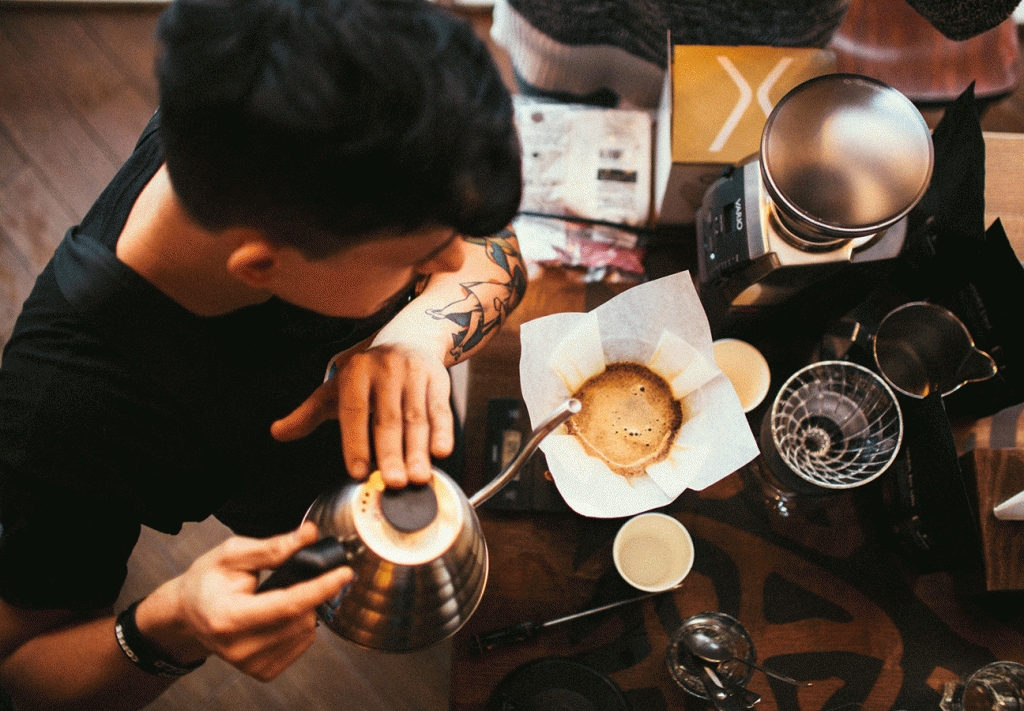
Party with strangers. Well, how is it usually? A friend or girlfriend pulls you, promises uncontrollable fun, you break yourself on the knee and still come, and what do you meet at the next such meeting? Unfamiliar faces that communicate easily with each other, give you an evaluating look (but are in no hurry to make contact), your friend / girlfriend is the only familiar island in the ocean of this indifference - disappears somewhere, tension grows, and alcohol does not help to remove it ... Why this violence?
The need to explain one's condition. "Are you all right?" "Why is your face so sad?" Not only does this sympathy of strangers not help facilitate social interactions, but, on the contrary, complicates everything. And how do you explain to them that the missing expression on your face is your norm. And yes, silence is golden.
Group movement You come to French or English courses, and there you are forced to discuss something with strangers.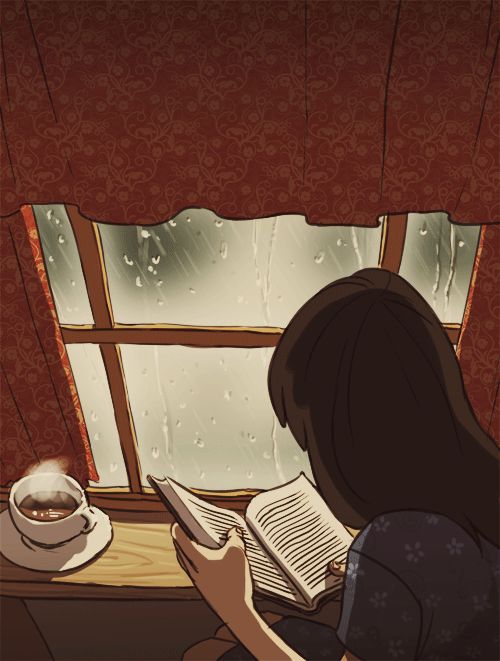 The newfangled craze for team building has reached the most remote offices of our country and also does not bode well for the most introverted of us. The culmination of this stress is, of course, corporate parties that turn into a personal hell.
The newfangled craze for team building has reached the most remote offices of our country and also does not bode well for the most introverted of us. The culmination of this stress is, of course, corporate parties that turn into a personal hell.
People who talk while you read a book. Such subjects can't stand silence, and a book that you took (a) specifically to talk to an intelligent person without uttering a word is regarded as just a temporary hindrance to a really important conversation on the topic "how is life?". First, they violate your privacy with an innocent “what are you reading?”, And then they drag you into another meaningless small talk, from which an introvert is unlikely to emerge victorious.
Ignored because you speak softly. As you know, a rare introvert has a loud and well-placed voice. And in those rare moments when such a person, having carefully rehearsed a remark to himself, nevertheless decides to say it out loud in a lively company - that is, to accomplish, by personal standards, a real feat - he is usually not heard. Or people immediately fall silent, look at the introvert - in general, the initiative is punishable. Let's stop the discrimination of soft and quiet voice timbres!
Or people immediately fall silent, look at the introvert - in general, the initiative is punishable. Let's stop the discrimination of soft and quiet voice timbres!
Change of plans at the last minute. Arranging a meeting with an introverted person is a real special operation. At least in his understanding. He prepares and sets up all day, and when a meeting is literally postponed / canceled at the last minute, this is a real blow for him. Another example in the piggy bank of social situations, reminiscent of the fact that it is better not to stick out of your shell once again.
Unscheduled meeting. This is when you are first invited to quiet kitchen gatherings with your closest ones, but as a result, friends of friends crowd into the apartment, and everything turns into an uncontrollable farce.
Noises too loud. Sirens, deafening roar of the engine of an overly nimble motorist, slamming doors. The inner harmony of an introvert at such moments is literally torn to pieces.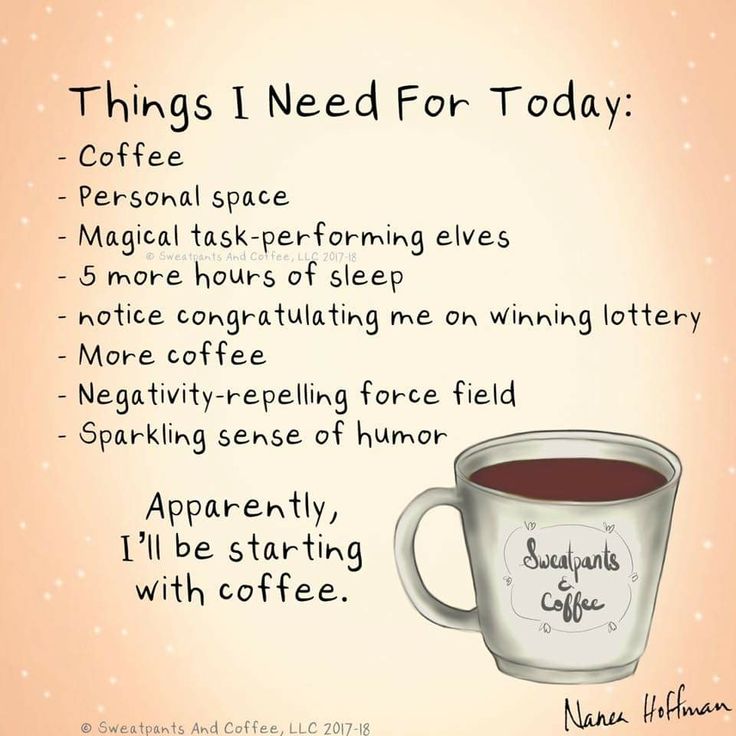
Lateness. You arrive on time, check your messenger and see the classic “I’ll be there in fifteen minutes, sorry.” Fifteen minutes turn into thirty, you stand and wait, the awkwardness of the situation grows, there is no trace of the former lightness and joy of the meeting, the mood background changes ... People around are scurrying back and forth, it starts to seem that even they pity you. Urban non-punctuality makes you once again recall the lines from Brodsky that have stuck on your lips.
Pauses in communication. It is not always possible to find a momentary answer to a question or a remark. Yes, and with some people there is, so to speak, something to keep quiet about. But not everyone understands - and such gaps in communication can be perceived negatively.
"Shy" label. If you are not eager to get involved in another conversation about anything, this does not prove your suspiciousness and fear of communication.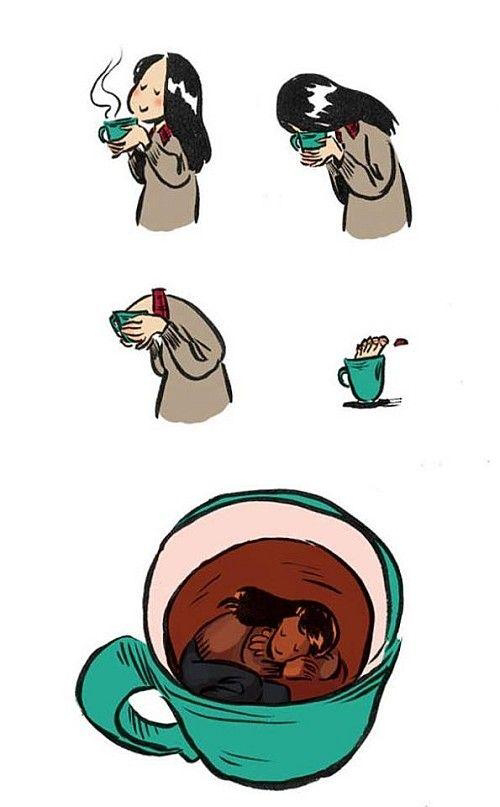
Repeat what has already been said.
Maintain social connections. As if it were a physical exercise to be repeated regularly.
Being in the crowd. Especially in summer. Especially in a crowded minibus or subway car, where everyone tries to touch you (accidentally). So close to a panic attack.
When asked to “join the conversation”.
When your introversion is perceived as a problem that needs to be addressed immediately. And no one understands that you are just from a different test ...
DETAILS
DETAILS
DETAILS
DETAILS
#bit.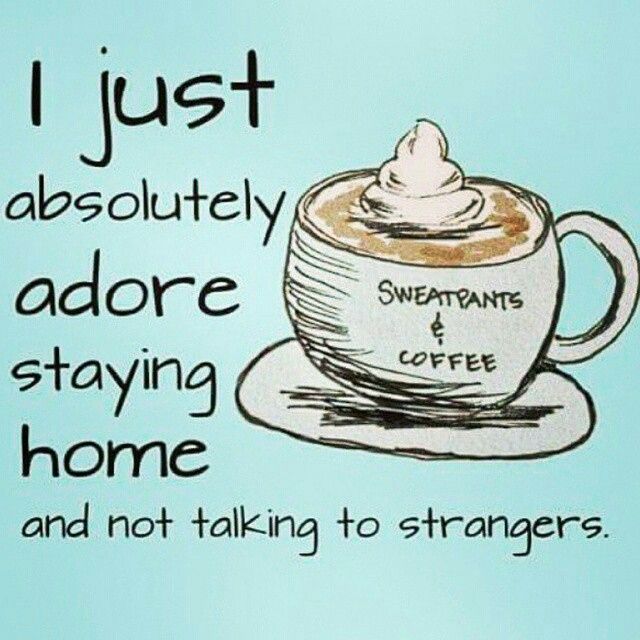 ua
ua
Follow us at
Telegram
Psychologist Manly explained why introverts love to drink and cry to music
HealthLifestyle
- Photo
- pixabay.com
They love loneliness, do not need the help of friends and acquaintances, and avoid communication - this is how psychologists characterize introverts. With such formulations, it can be assumed that these people rarely leave the house and will definitely refuse to party with friends. Psychologists have suggested that this is not only due to their temperament, but probably because they are more than sensitive to all kinds of stimulants - caffeine, alcohol and music .
MD, Certified Psychologist
twitter.com/GregorySBrownMD
"Scientifically, the difference between extroverts and introverts is arousal, also called levels of cortical activation," explained Gregory Scott Brown, MD, certified psychologist.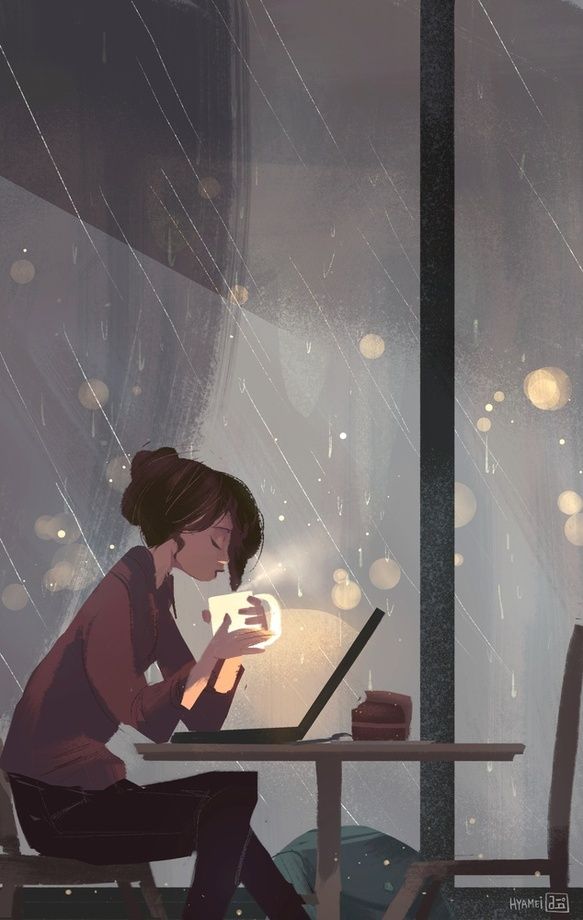 Well+Good portal. - This means that any external stimulus, be it a comment, a look, an action of someone, something or a gesture, is likely to be noticed by an introvert.
Well+Good portal. - This means that any external stimulus, be it a comment, a look, an action of someone, something or a gesture, is likely to be noticed by an introvert.
Extroverts, on the other hand, have a low level of arousal, so in order to achieve an optimal state, stimulation, social interaction is necessary. Scientists, based on these data, came to the conclusion that introverts were the most sensitive to caffeine, alcohol and music. To confirm the hypothesis, a scientific experiment was carried out.
One study involved 42 people, equally divided among extroverts and introverts. According to the results, it was possible to find out that although caffeine had an effect on both groups of stimulants, for example, the heartbeat quickened, this reaction was more noticeable in introverts. Moreover, caffeine affected the participants in different ways.
- Extroverts saw improved performance after consuming caffeine, and introverts became overly aroused, which impaired their performance, says Dr.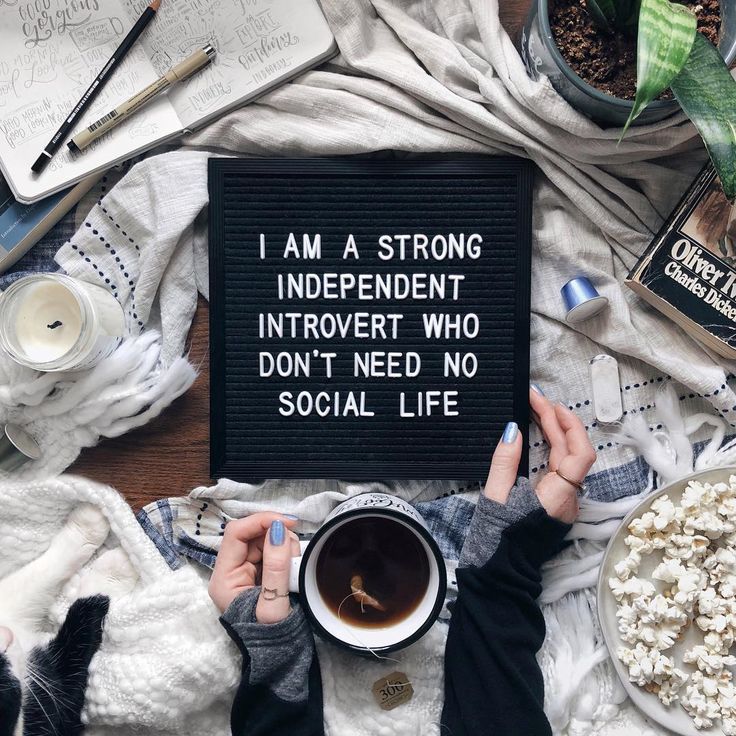 Brown.
Brown.
A clarifying study by the American Psychological Association found that caffeine affects introverts and extroverts differently depending on the time of day.
But incentives are not limited to coffee alone. The mood of introverts can be special influence music . Because of the music, they can even burst into tears - introverts are so sensitive. But extroverts often work with music playing in the background, while they are not distracted by it.
Clinical psychologist
twitter.com/drcarlamanly
"Extroverts performed equally well with or without background music, introverts performed worse with music, ," says clinical psychologist Carla Marie Manley. “This confirms that introverts are more sensitive to various stimuli.
Another stimulant is alcohol. Unfortunately, introverts were more likely to drink alcohol.
- They drink to cope with social discomfort, relieve anxiety, or "adjust" to difficult conditions , says Carla Marie Manley.